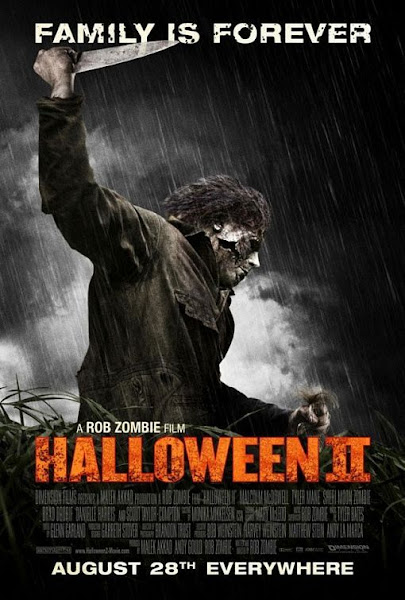The Police -- Reggatta de Blanc

9/10
Now we're talking. The reason I list The Police among my favorite bands, even if I don't think they ever nailed a perfect album, is because they've written and performed so many musical moments that I've wanted to last forever. Regatta de Blanc, the band's second full-length album, is full of those moments.
While their debut album showcased the band's ability to fuse rock and punk to reggae, it only showed the beginnings of The Police's mastery of space. No, I don't mean space like they are the kings of the solar system or galaxy...I mean space in the music for the songs and each individual instrument to breathe. Space is one of the most important factors in music for me. One of the reasons I struggled to get into say, the metalcore craze of the late 00's, is because the majority of that music had zero space. It was generally just note note note note note note note--no room for any particular element, or even the elements together to shine. Injecting space into your music shows a certain humility and a trust in your bandmates--trust that you're better together, and that you don' have to play constantly to show you are better than they are. Granted, The Police only made it to five albums because each incredibly talented member had a huge ego, but within their greatest performances, there's a certain respect for each other's musical capabilities that makes the trio greater than any member has been since the band split apart.
Reggatta de Blanc's opener, "Message in a Bottle," highlights everything I've just said. Musically, the song is yet another display of reggae-rock fusion, but something else gives it a timeless quality that's kept it musically relevant nearly 40 years later--a fusion of urgency and space. The desperate loneliness of the song's lyrics, coupled with guitarist, Andy Summers' legendary verse guitar-line, Sting's driving bass in the chorus, and Stewart Copeland's "c'mon, guys" impatient (Sonic the Hedgehog-esque) toe-tapping drumming convey the urgency, but the airy second half of the chorus, Copeland's suddenly patient drums, Sting's reggae bass line, and Summers stretched-out playing give the song space--and consequently amp up anticipation and give the song even more urgency...urgency you probably wish this sentence had had. "Message in a Bottle"'s fantastic minute-and-a-half outro combines both elements...and creates one of those moments I wish could last forever.
As I said before, Reggatta de Blanc is loaded with these type of moments--the bridge and outro of "Bring on the Night," on top of the technical difficulty of the performances, for instance. Here's a live version...it's a ridiculous display of talent and creativity (even if Sting hits a bum note in the solo!).
However, my favorite song on this album, and one of my favorite songs ever, is "Walking on the Moon." It moves at one of the most relaxed paces of any Police song, and it flew under my radar until the spring of 1999, when I was a junior in high school. I was sitting in my car behind town after class, chilling before heading to work, when "Walking on the Moon" came on the radio. I immediately knew it was the Police because no one else has ever sounded like The Police, but the sense of space in the song was more than I had heard even they create before. Granted the song was nearly 18-years old at the time, but it felt completely new to me. The relaxed bassline, the amazingly technical drums that seem to be floating in the air, the spacey--and this time I MEAN outer space--guitar that somehow seems to exist between everything, yet leaves an infinity between each strum, and the ageless sound of Sting's vocals--it is a career highlight, and it is easily in my top five favorite songs ever--I wish it was three hours long. That outro could easily never end.
If Reggatta de Blanc has a weakness, it's that Sting didn't write all of the songs. I'm not disparaging the indispensable Copeland, without whose singular drumming, the band would not exist, but the more whimsical, jokey nature of the two tracks he contributes here, "On Any Other Day," and "Does Everyone Stare," just doesn't quite fit with the rest, even though those songs aren't bad. This would be a problem that would eventually lead to the band's demise--while each member was equally talented overall, Sting is by far the most talented singer and song-writer. While he has his missteps in the band's catalogue, as well, it's always a clear detriment when he isn't behind the pen or the mic. Andy Summers and Stewart Copeland are far from supporting players--each member of The Police is The Police. The band could not have existed with other person occupying any of its roles, but it also couldn't exist when any existent member wanted a role other than his own...and I even say this with "Stewart Copeland is my favorite drummer*" bias.
Thus, ironically, Reggatta de Blanc unleashes the full power of The Police, while also planting the seeds of their eventual demise.
*Stewart Copeland and Abe Cunningham.
1979 A&M
1. Message in a Bottle 4:51
2. Reggatta de Blanc 3:06
3. It's Alright for You 3:13
4. Bring on the Night 4:15
5. Deathwish 4:13
6. Walking on the Moon 5:02
7. On Any Other Day 2:57
8. The Bed's Too Big Without You 4:26
9. Contact 2:38
10. Does Everyone Stare 3:52
11. No Time This Time 3:17


Comments